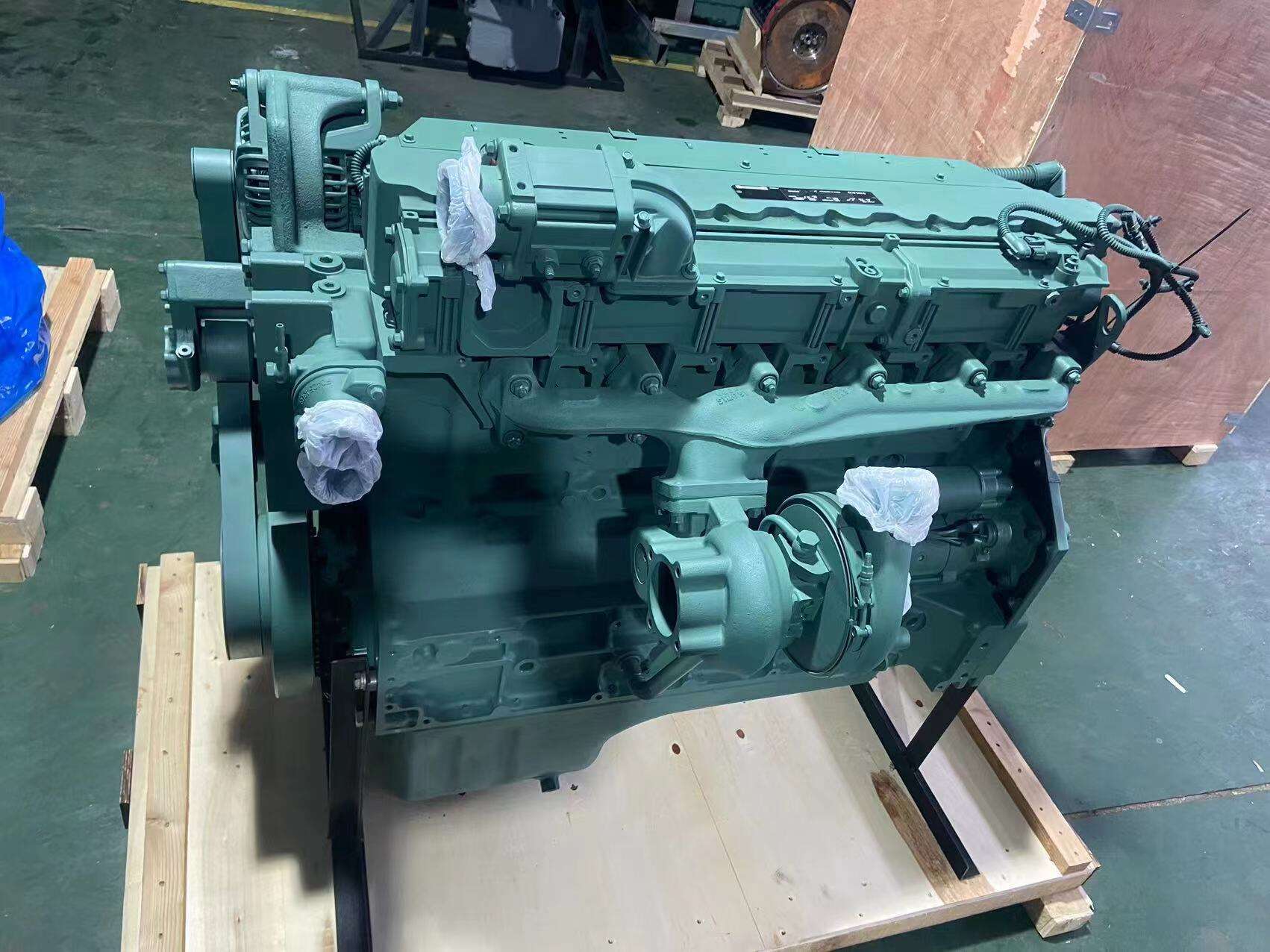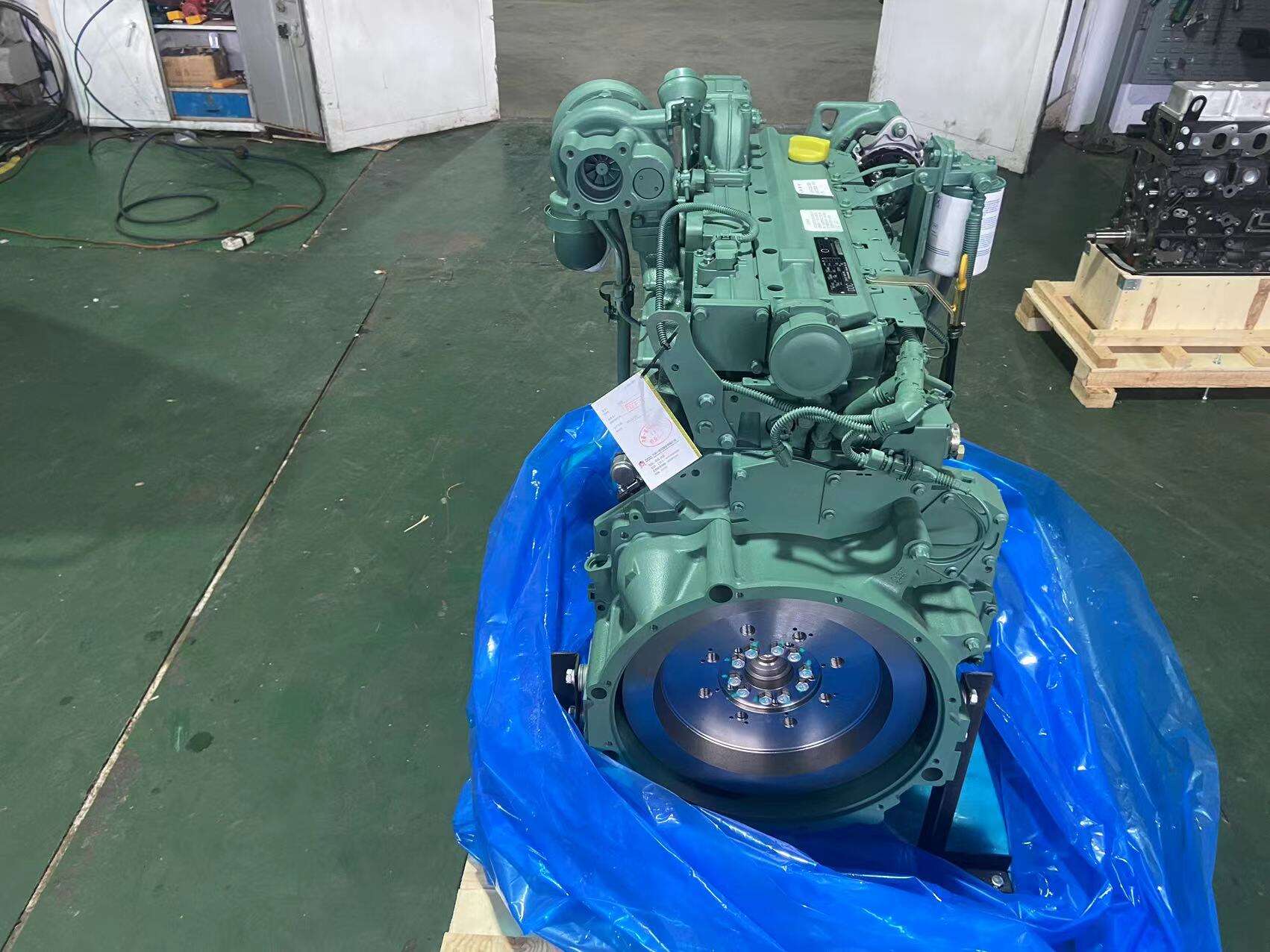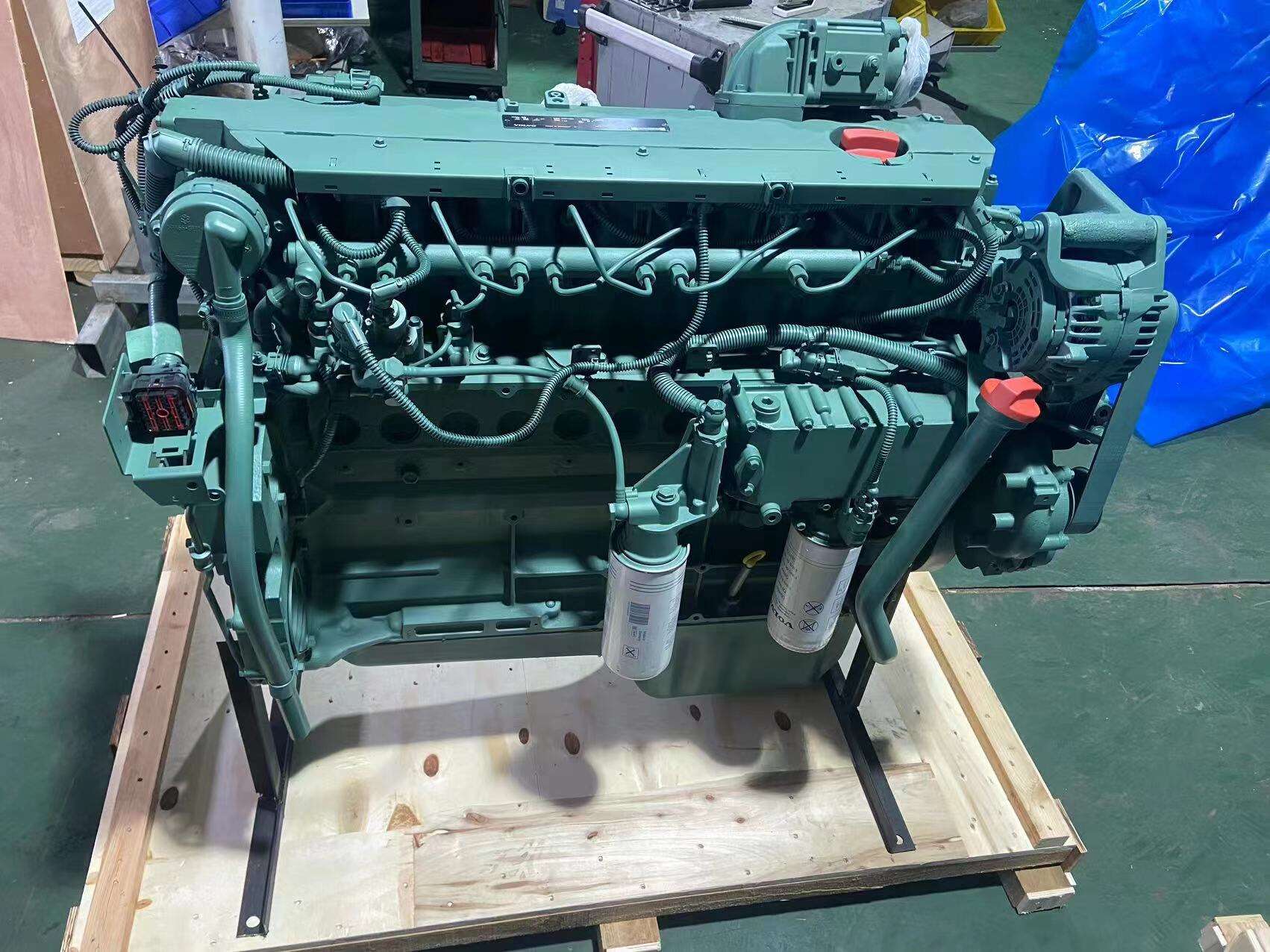loader engine price
Loader engine pricing encompasses a complex matrix of factors that determine the cost of these essential power units for construction and industrial equipment. Modern loader engines typically range from $5,000 to $25,000, depending on specifications and capabilities. These engines incorporate advanced fuel injection systems, sophisticated emission control technologies, and robust cooling mechanisms designed to maintain optimal performance under demanding conditions. The price variance reflects differences in horsepower ratings, which commonly range from 50 to 300 HP, torque specifications, and compliance with various emission standards. Manufacturers factor in research and development costs, material quality, manufacturing processes, and integration of smart technologies when determining engine prices. The market offers various options, from basic mechanical engines to advanced electronic-controlled units with diagnostic capabilities. Pricing also considers factors such as warranty coverage, after-sales support, and parts availability. Modern loader engines feature improved fuel efficiency systems, reduced maintenance requirements, and enhanced durability, which contribute to their overall cost structure. These engines are designed to provide reliable performance in diverse applications, from construction and mining to waste management and agricultural operations.


